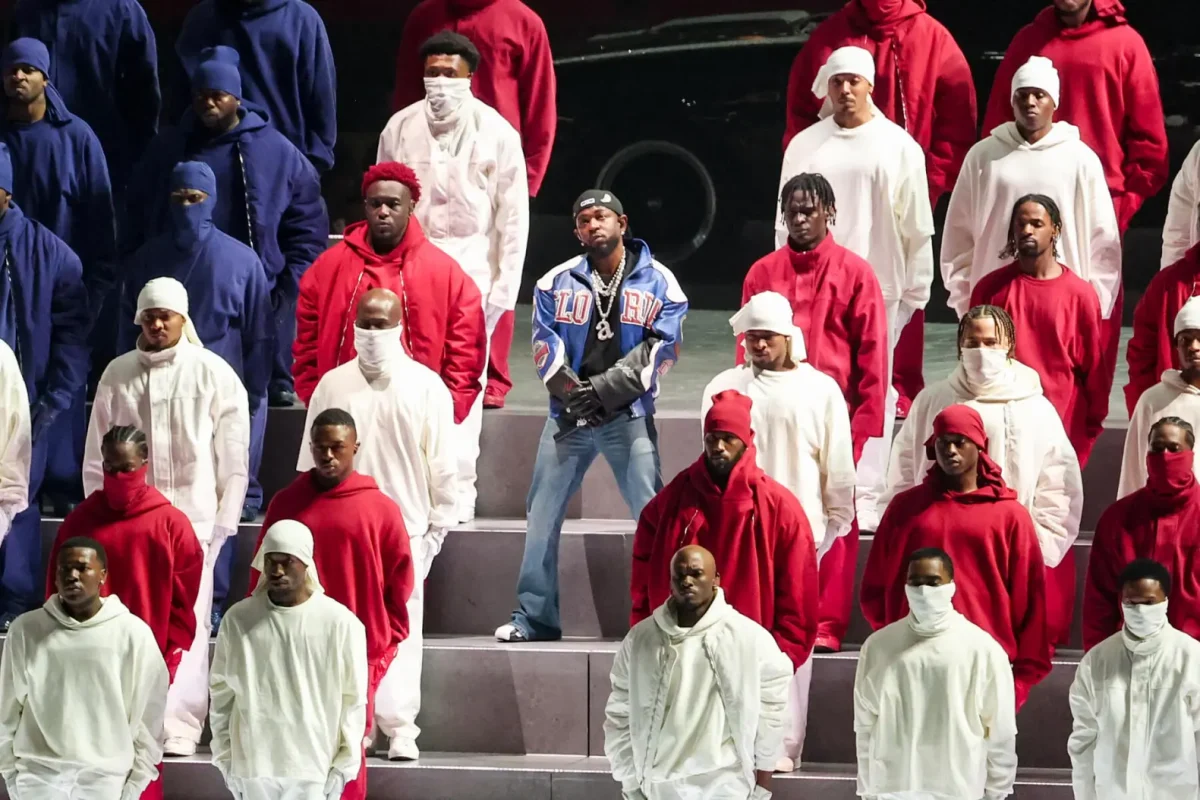FBI Finds a Bad Apple

March 8, 2016
Apple’s security policies have sparked recent controversy in the wake of the FBI’s investigation of the San Bernardino shooting. An iPhone belonging to one of the shooters was found at the scene of the attack, but the FBI is currently incapable of cracking the device’s passcode. Apple is refusing to release the passcode, claiming that the company cannot unlock its own phones. When a judge ordered Apple to create a software update that would allow them to retrieve the passcode, the company resisted.
Apple CEO Tim Cook is not in favor of creating an operating system capable of releasing the passcode to the FBI, claiming that this practice would contradict Apple’s privacy promise. Other critics of releasing the passcode stress that if the technology used to crack passwords is given to the wrong person, it could be used to unlock any Apple device and endanger innocent people.
This privacy debate has reached national attention, with two main sides forming. One viewpoint is that Apple should cooperate and give the passcode to the FBI, and should also have software that is capable of unlocking any iPhone in order to help protect national security. However, many oppose this way of thinking, and feel that Apple having the ability to unlock any iPhone at any time is an invasion of their privacy.
Many Americans are most concerned with the slippery slope that passcode-cracking software may create. While the software would be able to give the FBI “information that would be very helpful,” it also means that “the government has access to all the information on our phones, there is no stopping them from abusing their power and invading the privacy of everyday Americans” explains WHHS junior Jennifer Cuciti.
National security vs personal privacy debates are not uncommon today, as issues regarding cyber security, surveillance, and censorship have all recently received national attention. While Apple and the FBI are yet to resolve their issues, whatever agreement they reach will be the next development in the ongoing controversy of security and privacy.





